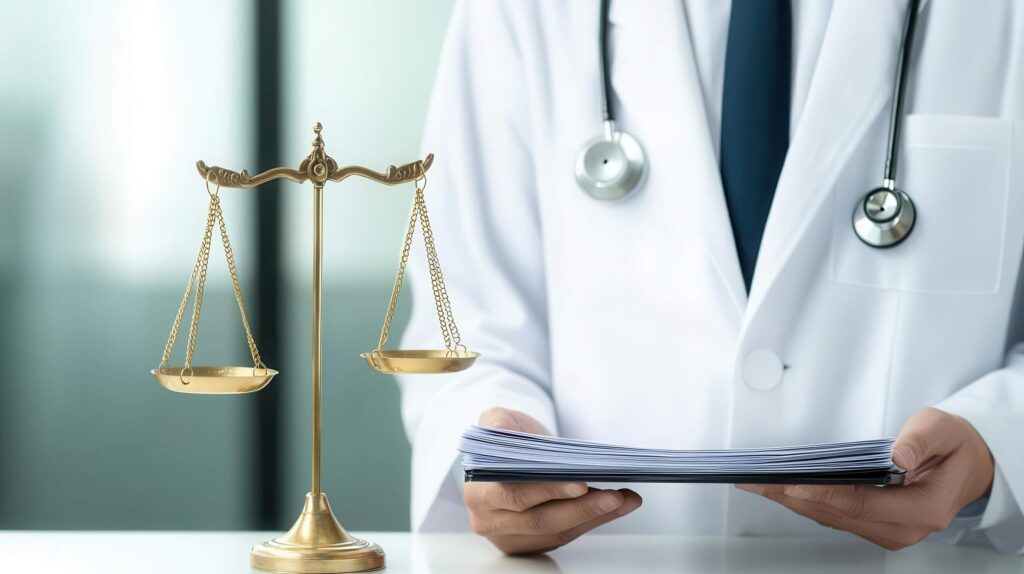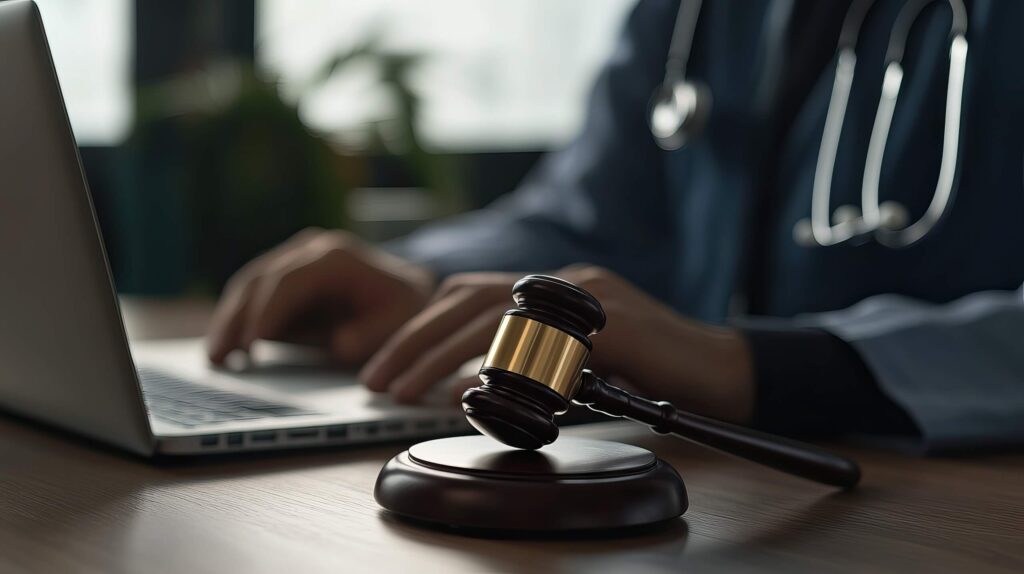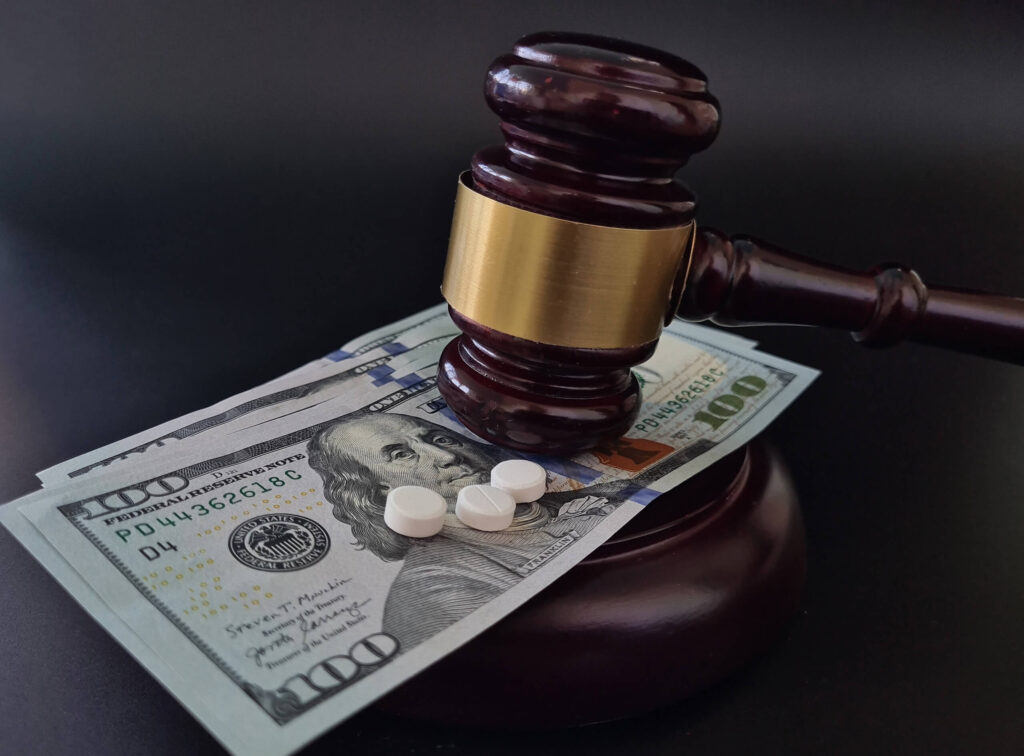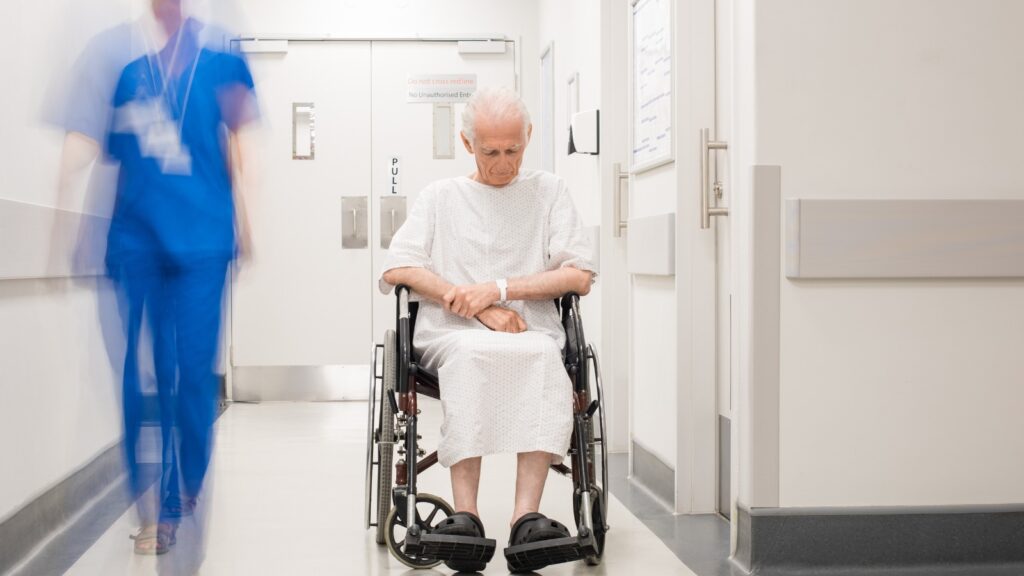Crawford County DWI Lawyers
Results-Driven DWI Lawyers Zealously Advocate for Clients Arrested on DWI Charges in Crawford County
If you have been arrested for driving while intoxicated (DWI), the stakes are too high to attempt to build your defense alone. The penalties for a DWI conviction in Crawford County are more severe than they have ever been—and driving after drinking even a small amount of alcohol can subject you to those penalties, which can impact your life for years to come. A DWI conviction can negatively impact your ability to earn a living, can cost thousands of dollars in monetary penalties, and may even carry a substantial jail sentence.
At Purchase, George & Murphey, P.C., our experienced DWI defense lawyers can help you navigate the complicated criminal justice system that you will soon be forced to encounter. Because we have helped so many clients obtain the best possible outcomes in their DWI cases, we understand that the simple fact that your BAC was above the legal limit does not determine the entire course of your case. In other words, a BAC reading of 0.08 percent or greater does not automatically mean that you must be convicted on DWI charges. We are committed to building the strongest possible defense strategy designed to minimize the potential consequences of your DWI arrest. Call us today so that we can begin to explore options for your specific DWI defense strategy.
Helping Clients Understand Severe Penalty Potential in Crawford County DWI Cases
The laws in Crawford County impose penalties for a DWI conviction on a sliding scale, based both upon the level of alcohol found in your blood and the number of DWI convictions you have had in the prior ten-year “lookback” period. Depending upon the facts of your case, you may be subject to:
- Jail time,
- Probation,
- Monetary fines,
- Drivers’ license suspension,
- Ignition interlock device installation in your vehicle,
- Alcohol and drug screening,
- Participation in a highway safety class,
- Community service,
- Significantly increased car insurance rates in the future.
Refusing to submit to chemical testing can also subject you to substantial penalties, including an automatic one-year license suspension under the Pennsylvania implied consent law.
Veteran DWI Defense Lawyers Skilled in Formulating Persuasive Strategies for Clients Facing DWI Charges in Crawford County
In order to convict you for driving while intoxicated in Crawford County, the prosecution is required to prove several elements of the DWI crime beyond a reasonable doubt. In many cases, a skilled DWI defense lawyer may be able to generate doubt with respect to the prosecution’s evidence, as evidence in a DWI case is not always as concrete as you might initially think. Essentially, to convict, the prosecution must prove:
- You were in control of the vehicle,
- You were impaired while in control of the vehicle, and
- Your BAC was at least 0.08 percent (0.04 percent for commercial drivers and 0.02 percent for underage drivers).
Our experienced DWI defense lawyers will fight to poke holes in the prosecution’s case, whether by showing:
- That your constitutional rights were violated,
- The field sobriety test was improperly administered,
- Your breath or blood test was improperly administered,
- Your blood test was improperly stored,
- The arresting officer lacked probable cause to pull you over while driving and order you to submit to field sobriety testing.
Call Today to Discuss Your Case with a Reputable DWI Defense Lawyer in Crawford County, PA
The penalties for a DWI conviction are serious and lasting. For more information on how our talented team of DWI defense lawyers can help after you have been arrested on DWI charges in Crawford County or elsewhere in Western Pennsylvania, call our office to schedule a confidential consultation to discuss your case. You can also fill out this online contact form or use our online chat feature to speak with our DWI defense lawyers.
About Crawford County, PA
Crawford County is located in Northwestern Pennsylvania, near Erie, and forms a part of the Meadville Micropolitan Statistical Area. Named for Colonel William Crawford, a soldier who worked as a land agent for George Washington, Crawford County today is home to both the Erie National Wildlife Refuge and the Pymatuning State Park.
Frequently Asked Questions About DWI Defense Strategies in Crawford County, PA
FAQ: I was stopped in a parking lot when I was approached by an officer in Crawford County and arrested on DWI charges. I wasn’t actually driving the vehicle. Is this legal?
Under Pennsylvania law, it is sufficient that you were “in actual physical control” of the vehicle in order for law enforcement to arrest you on DWI charges. This does not require that the prosecution show you were actually moving when you were stopped by police. Whether you were in actual physical control of the vehicle is a question of fact that is often hotly contested. Evidence that tends to support a finding of actual physical control includes whether the engine was running, the location of the vehicle and whether it seems that you had been driving prior to the police approaching the stopped vehicle. In these cases, it is especially important that you retain the counsel of a skilled DWI defense lawyer to advocate on your behalf.
FAQ: The police officers wanted to order a blood test after I was pulled over on suspicion of driving under the influence of alcohol. Is this legal? Can’t I say that I want the test done in a hospital?
Under Pennsylvania law, there is technically no requirement that a doctor or nurse take your blood sample in a hospital or other medical facility. In fact, the law only requires that the sample be taken in the course of the person’s professional duties—the police officer only has to make the request for a blood sample to be taken. The law does, however, require that the sample be analyzed by someone trained in analyzing blood samples. A skilled DWI defense attorney can prove particularly helpful in challenging the procedures used in obtaining your blood sample to question the reliability of the prosecution’s evidence.













